It’s certainly appropriate that we celebrate the Holy Family today, just a few days after Christmas. This feast helps to underscore that Jesus came to live among us in a very ordinary way: by taking flesh and becoming one of us, even to being part of a family. So we look on the manger scenes that still are on display here in church and in our homes, and we see Jesus, Mary and Joseph beginning their lives together. We still sing Christmas carols that extol the peace of his coming.
As we praise the Holy Family today – and we certainly should – I’m aware that some families who are here today may have just managed to get here on time, or a little after. Maybe there was the constant argument with the kids about why they have to go to church. It might have been hard to turn off the television or tear someone away from the latest toy they just got for Christmas. And so, as they hustle in here to church and sit down, maybe the holiness of the family is the furthest thing from our minds.
So maybe it’s hard to relate to the Holy Family. Maybe you’re thinking, “How do I get one of those?” There are all sorts of families out there: families broken by divorce or separation, families marked by emotional or physical abuse, families fractured by living a great distance apart, families grieving the loss of loved ones or agonizing over the illness of one of the members, families of great means and those touched by poverty, homelessness and hunger, families torn by family secrets, grudges and age-old hurts. Some are trying to form a family: they want to have children, but are unable. There are healthy families and hurting families, and every one of them is graced by good and touched by some kind of sadness at some point in their history.
Even the Holy Family, whose feast we celebrate today, was marked with challenges. An unexpected – and almost inexplicable – pregnancy marked the days before the couple was officially wed; news of the child’s birth touched chords of jealousy and hatred in the hearts of the nation’s leaders and caused the young family to have to flee for their lives and safety. Even this Holy Family was saddened, in some ways, by an extremely rocky beginning.
The institution of the family is an extremely precarious thing. We know this. God knows this. Yet it was into this flawed but holy structure that the God of all the earth chose to come into our world. Taking our flesh and joining a human family, Christ came to be Emmanuel, God with us, and to sanctify the whole world by his most merciful coming.
St. Paul exhorts us all to be marked by holiness, part of the family of God. We do this, he tells us, by showing one another “heartfelt compassion, kindness, humility, gentleness, and patience, bearing with one another and forgiving one another, if one has a grievance against another; as the Lord has forgiven you, so must you also do.” Living in a family, living the Christian life, requires sacrifice. Some days we don’t feel very compassionate, but we are still called to be that way. We might not feel like showing someone kindness, or patience, or being humble. But that’s what disciples do. But the real sticking point is that whole forgiveness thing. Because all of us are going to fail in compassion, kindness, humility, gentleness and patience at one time or another. So just as the Lord has forgiven us, so many times and of so many things, so must we forgive one another. We live our whole lives trying to figure out how to do this.
The Holy Family is the model for us in all of this. Because I think what we’re supposed to be seeing in the Holy Family today is not some kind of idyllic perfection. Certainly they attained more perfection than any of us could ever possibly hope for in this life, but that’s not what we’re supposed to be focusing on. What I think is worth focusing on is that, even though they knew there would be hard times ahead for them, they faithfully lived their lives through it all. They continued to be a family, Jesus continued to grow and become strong in his human nature, and to be filled with wisdom and the favor of God. And that, for us, is something worth striving for. Being perfect might seem unattainable, but being faithful is in our grasp and faithfulness leads us to holiness.
For Jesus, Mary and Joseph, their faithfulness helped them to absorb the challenges of an unplanned pregnancy and the dangers of oppression from the government, and still shed light on the whole world. For us, faithfulness can help us to get through whatever rough spots life may have in store for us and not break apart.
I am aware, however, that as I speak about faithfulness, that it all can still seem insurmountable. Why should you be faithful when the hurts inflicted by other members of your family still linger? That’s a hard one to address, but we’re not told to be faithful just when everyone else is faithful. Sometimes we are called to make an almost unilateral decision to love and respect the others in our families, and let God worry about the equity of it all. I know that’s easier to say than to do, but please you have your Church family to support you with prayer and love as you do it.
Every single one of us is called to be holy, brothers and sisters. And every single one of our families is called to be holy. That doesn’t mean that we will be perfect. Some days we will be quite far from it. But it does mean that we will be faithful in love and respect. It means that we will unite ourselves to God in prayer and worship. It means we will love when loving is hard to do. Mary loved Jesus all the way to the Cross and watched him die.
That holiness will make demands of us. It did for Jesus, Mary and Joseph. Simeon and Anna were quite clear that sorrow lay in store for them. But they continued to live their lives, aided by the Spirit of God, and they all grew strong in wisdom and grace. Those same blessings are intended for us to, all of us who do our best to live according to the Spirit in our own human families, no matter what those families may look like.
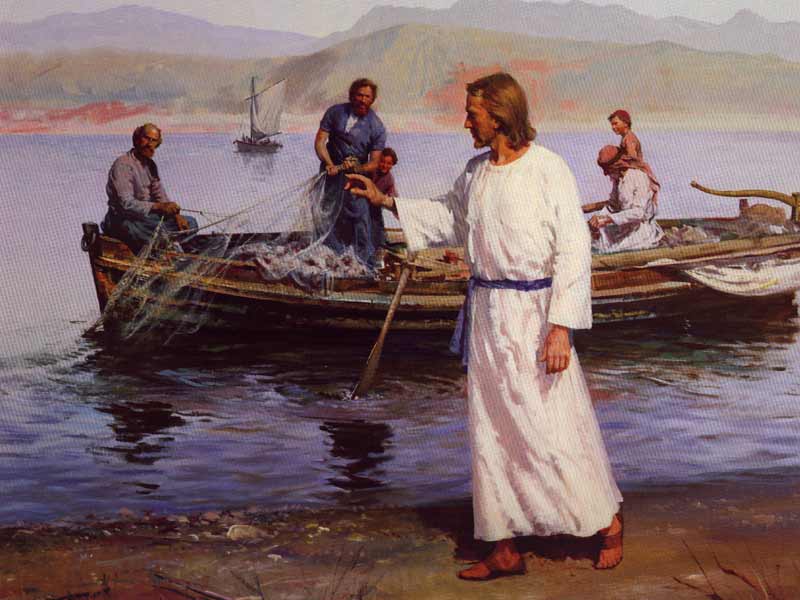
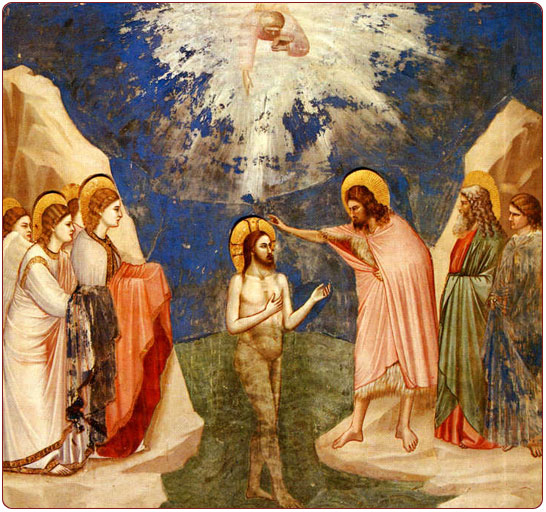
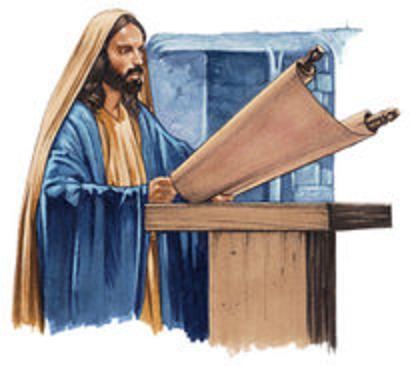
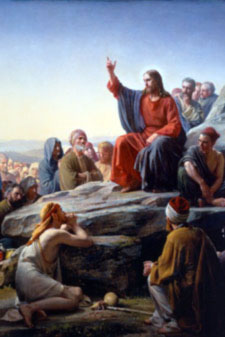


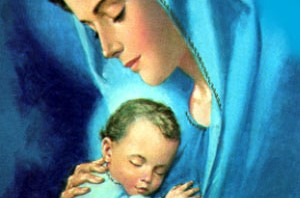
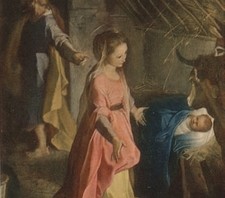
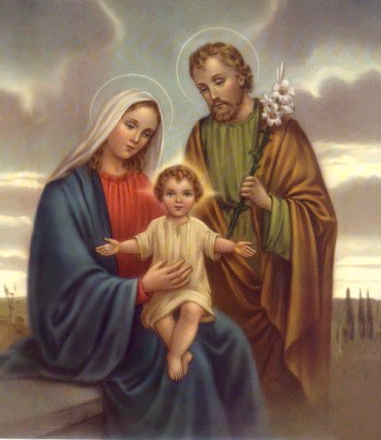
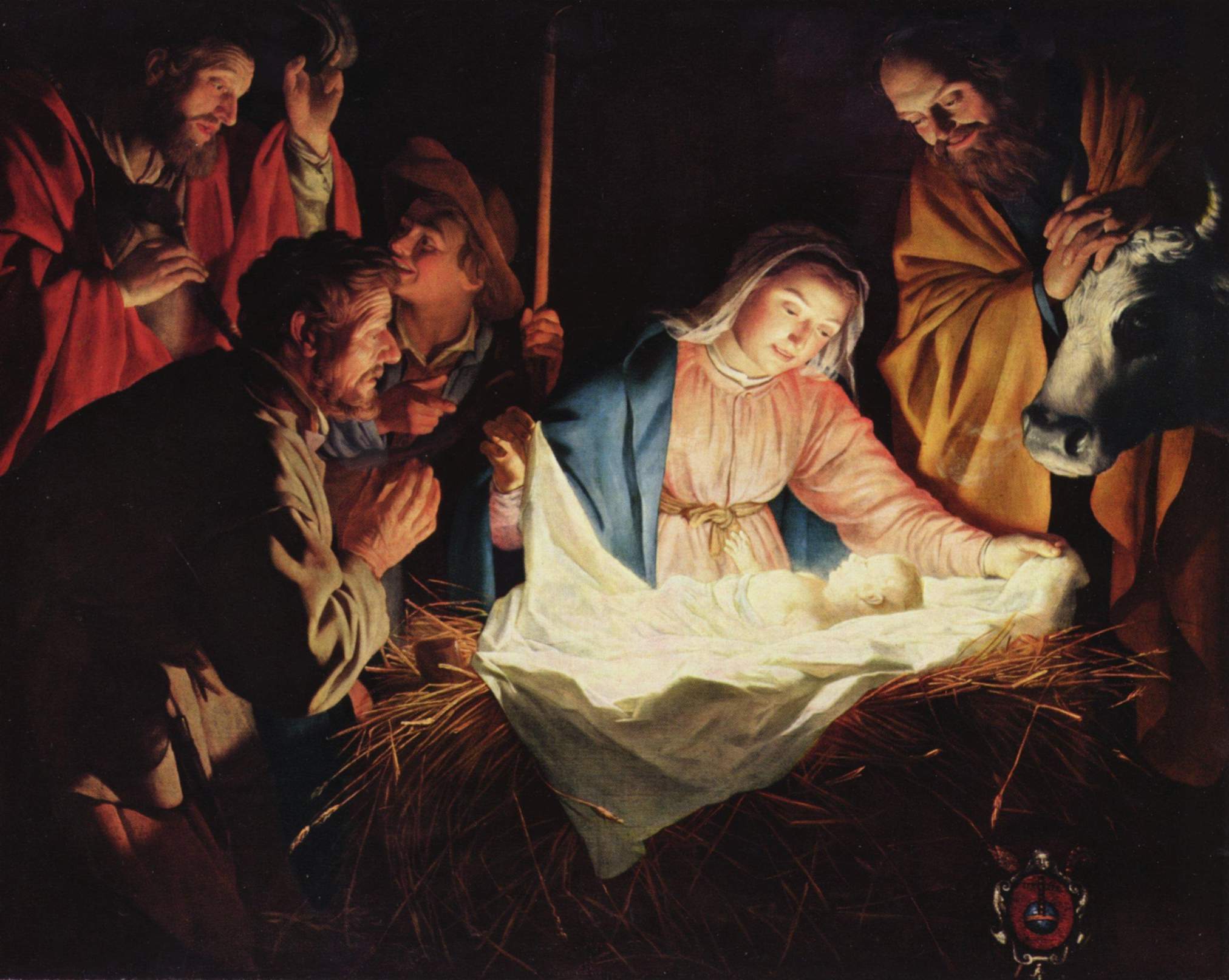
You must be logged in to post a comment.